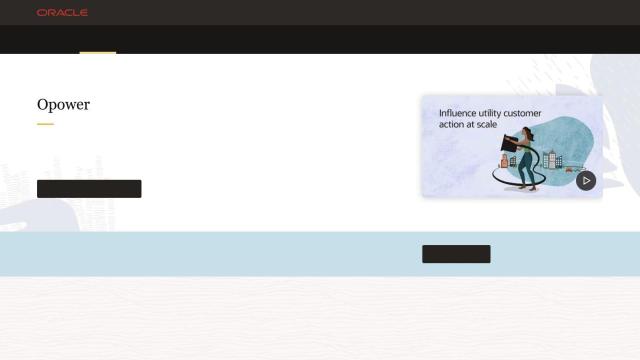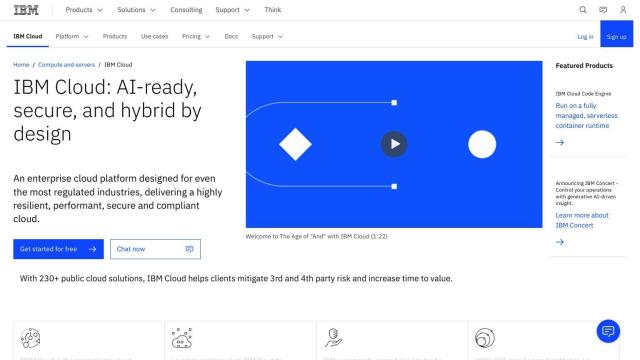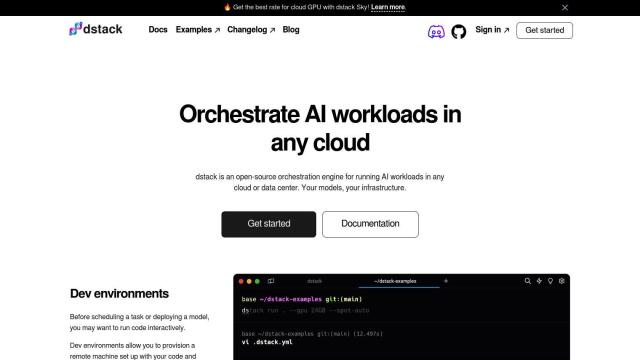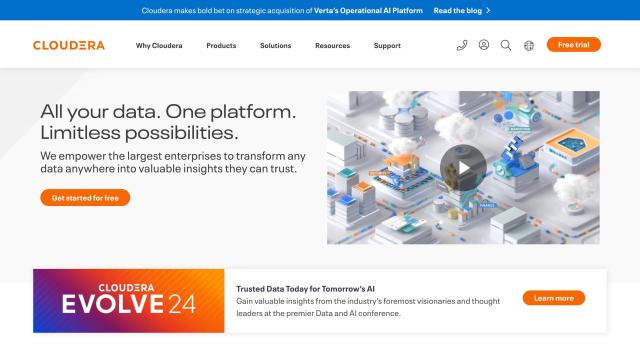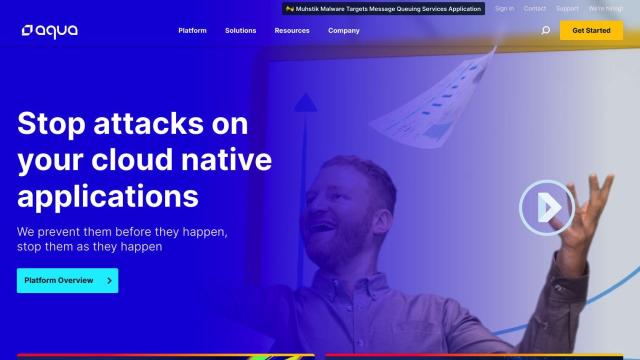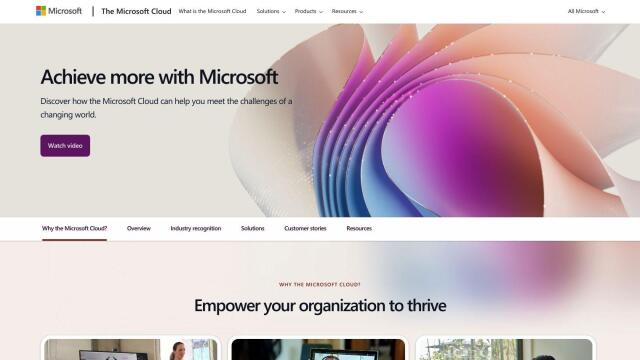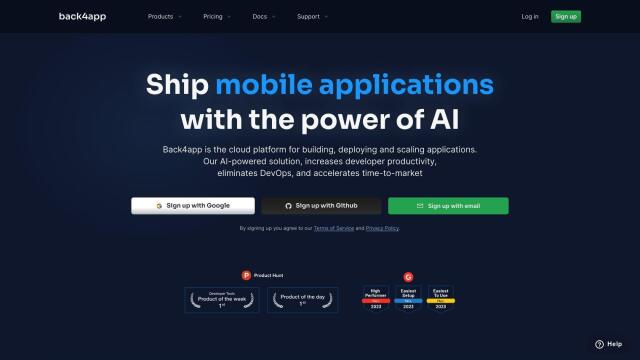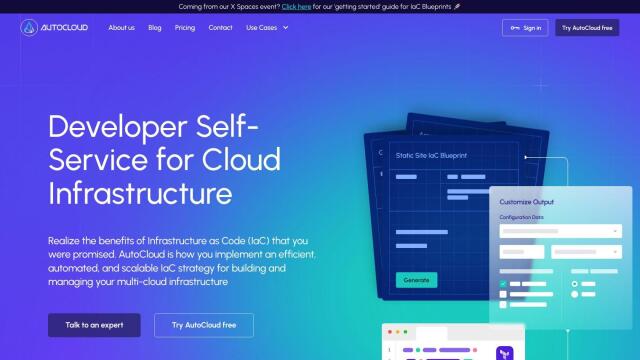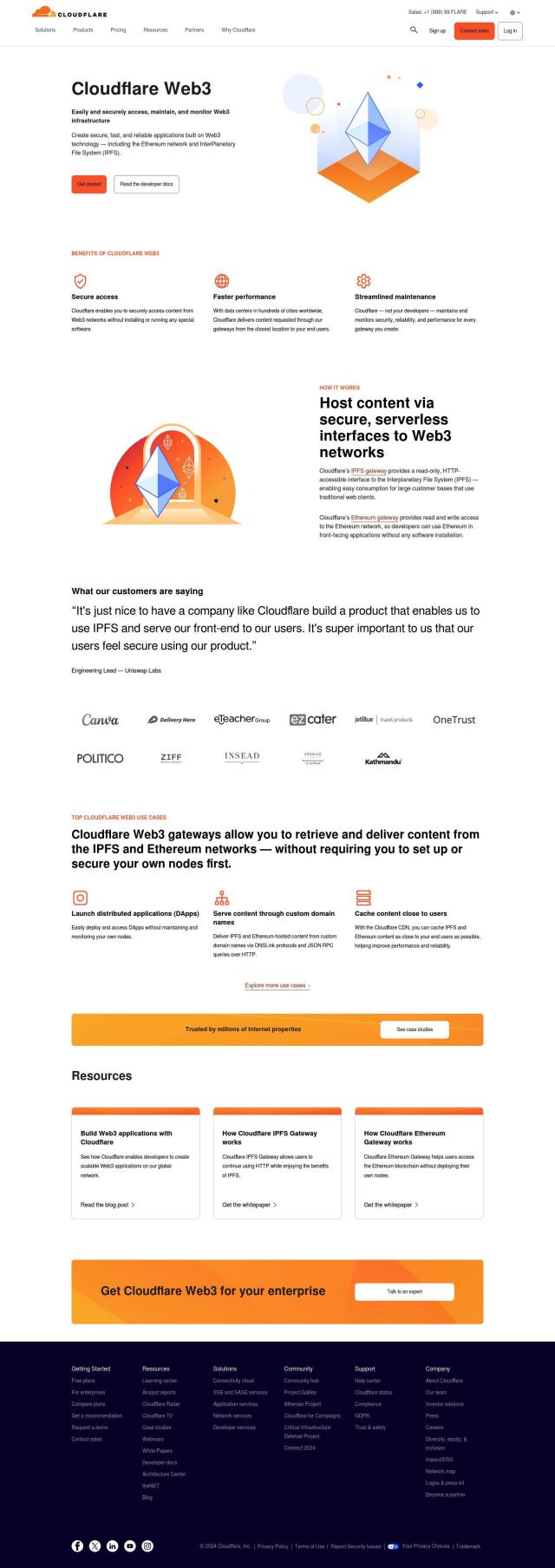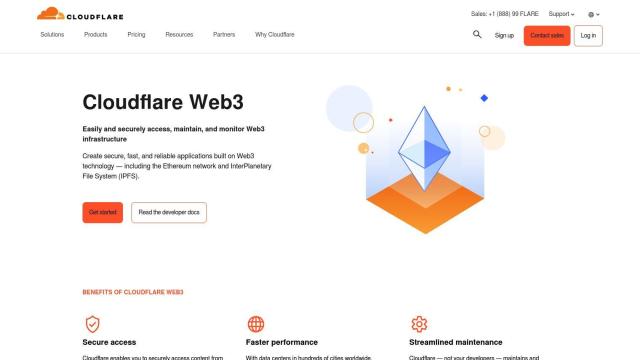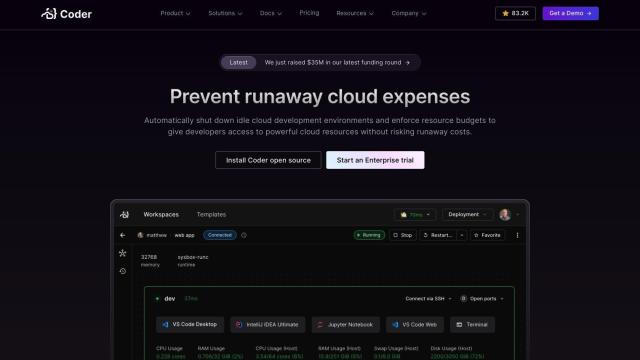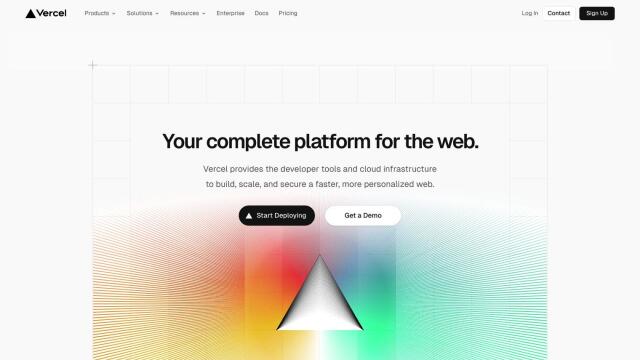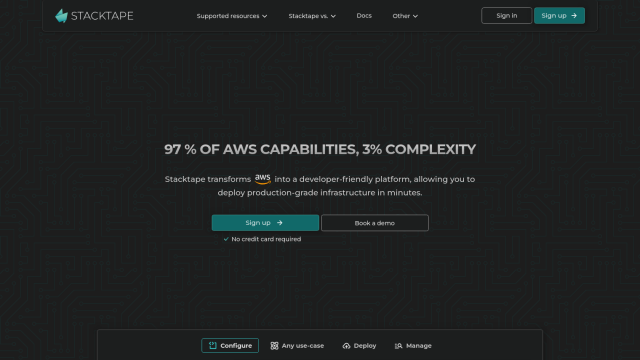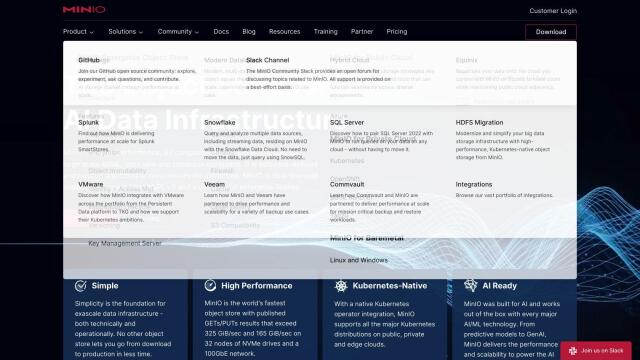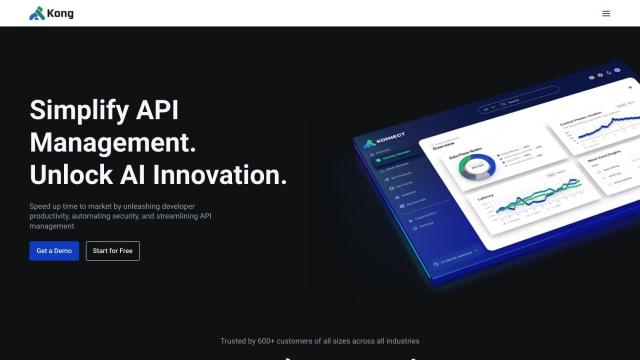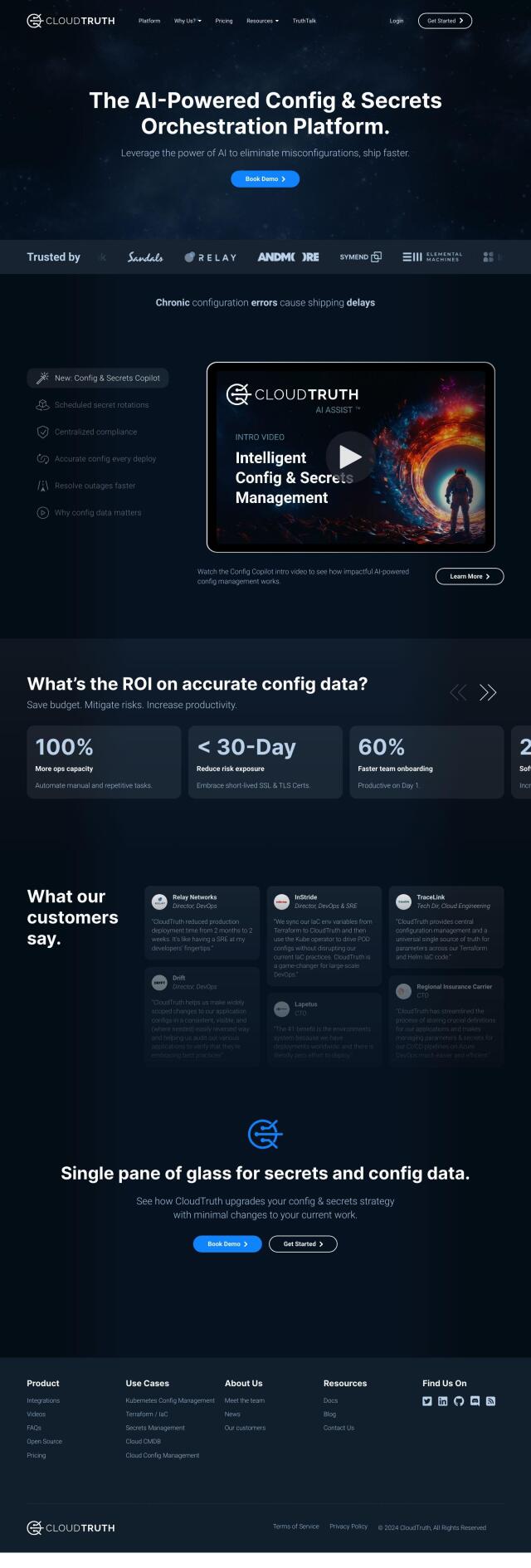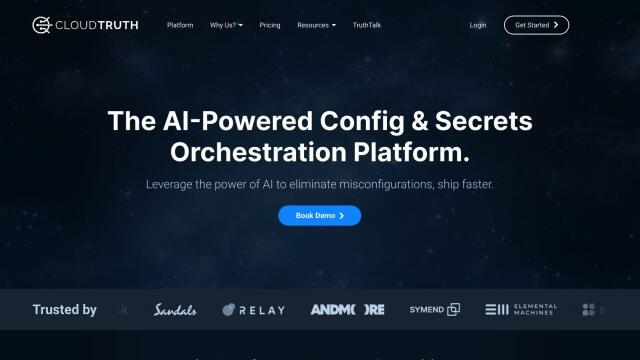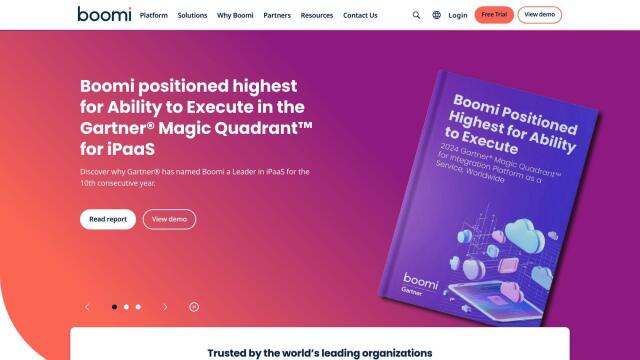Question: Is there a platform that allows developers to build, deploy, and manage cloud-native applications across multiple clouds and environments?

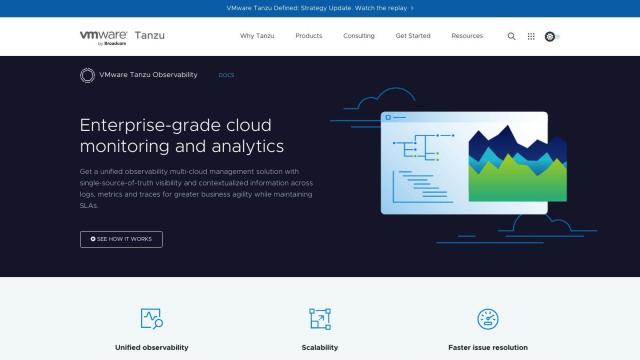
VMware Tanzu
If you need a foundation for building, deploying and managing cloud-native apps across multiple clouds and environments, VMware Tanzu is a powerful choice. It lets Dev and Ops teams build, deploy and manage cloud-native apps on multiple clouds and edge computing sites. With tools like AI-powered app visibility, one-line commands to deploy and scale, and automation, Tanzu streamlines lifecycle management and accelerates software delivery, making it a high-return-on-investment option.

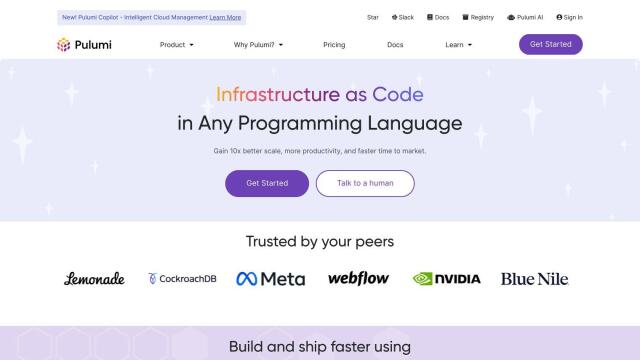
Pulumi
Another strong contender is Pulumi, an open-source infrastructure as code (IaC) SDK that works with multiple programming languages. It lets developers build, deploy and manage infrastructure on a wide range of clouds, including AWS, Azure, Google Cloud and Kubernetes. Pulumi's code engine helps security and operations teams work together, with features like policy-as-code, automated testing and deployments that follow organizational standards, making it a good choice for boosting productivity and scalability.

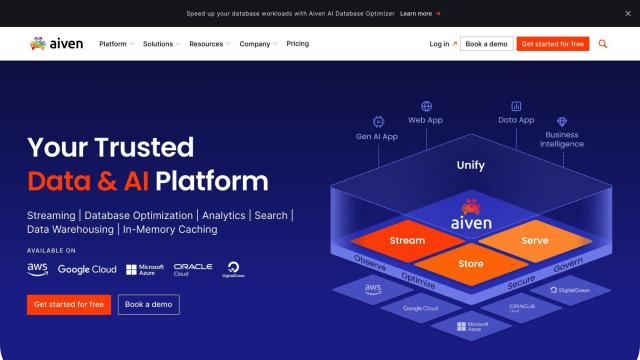
Aiven
For those who need to manage cloud data infrastructure, Aiven offers a single platform that runs open-source software on multiple clouds. It offers a range of services like Apache Kafka, PostgreSQL and OpenSearch for data streaming, storage and serving. Aiven's transparent pricing, rich security features and BYOC deployment support make it a flexible option for companies that want to reduce infrastructure complexity and accelerate application development.

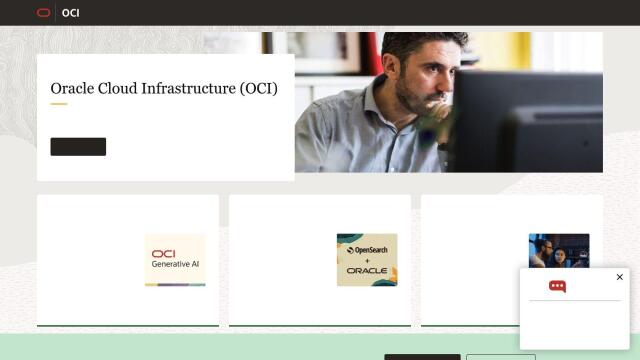
Oracle Cloud Infrastructure
Last, Oracle Cloud Infrastructure (OCI) offers a broad suite of more than 100 cloud services that can be deployed in public clouds, on-premises or in hybrid environments. With support for multicloud, public cloud and hybrid cloud services, OCI is good for addressing digital sovereignty requirements. It offers competitive pricing, strong security and a broad range of services like AI, machine learning and big data analytics, making it a good option for many industries.





